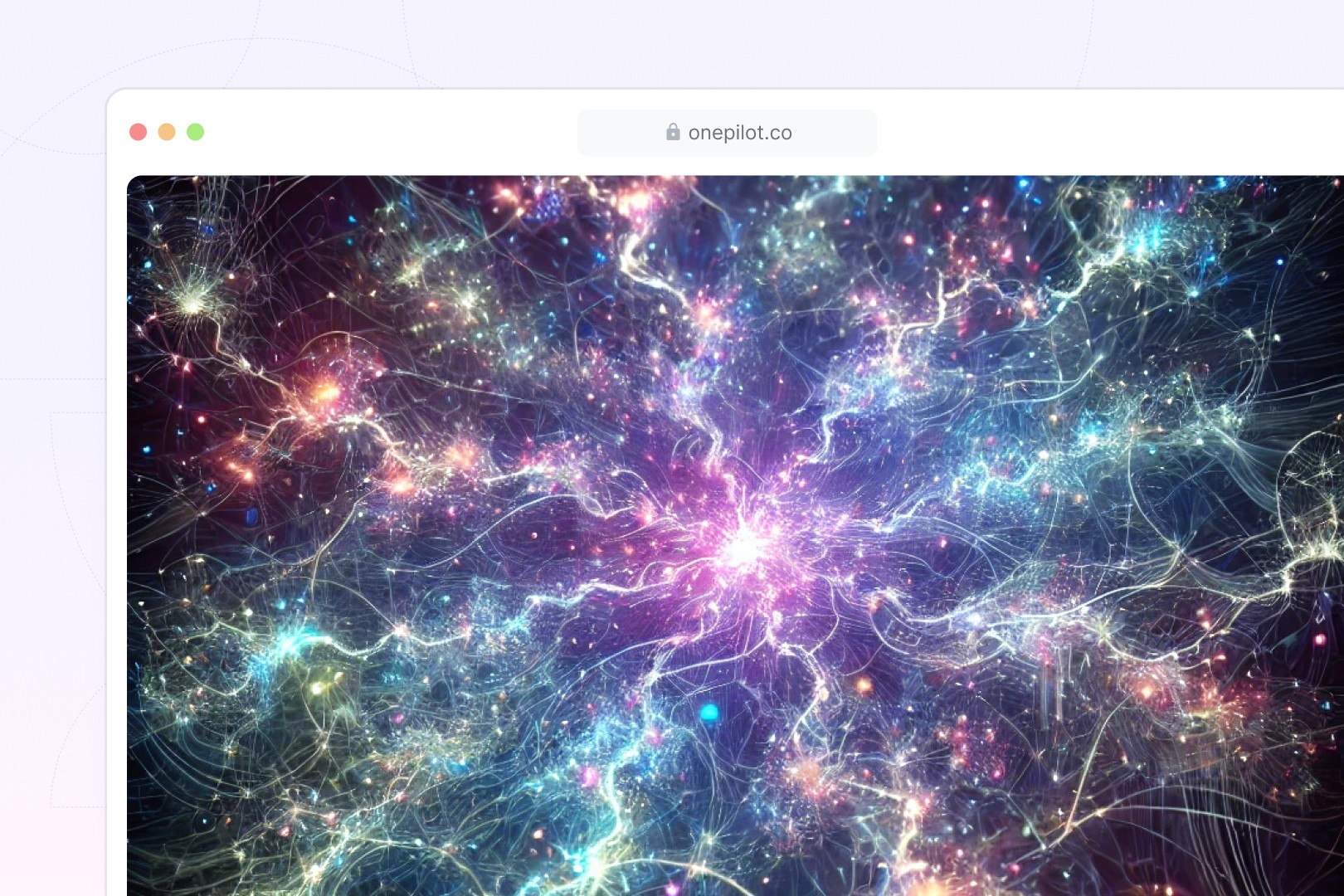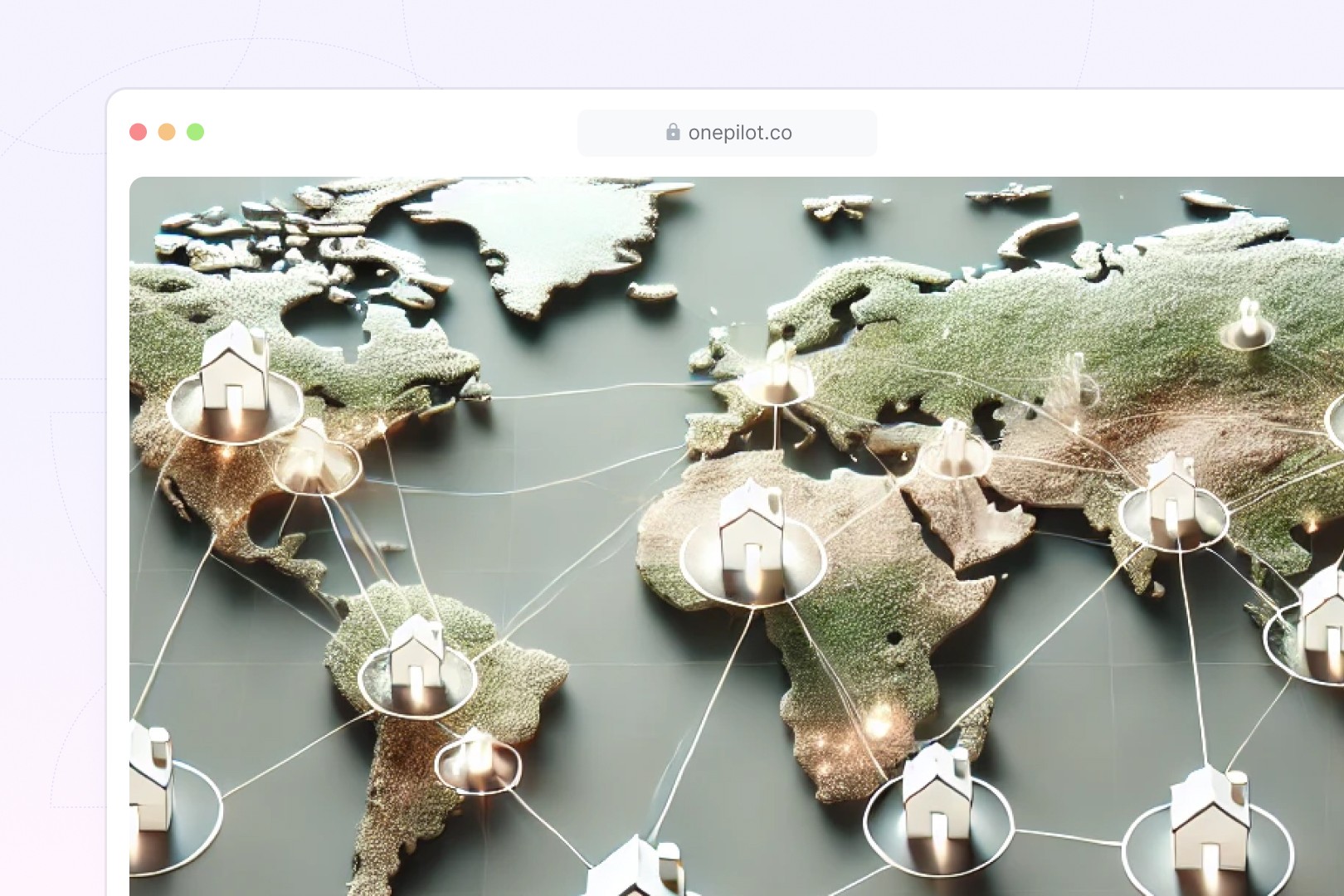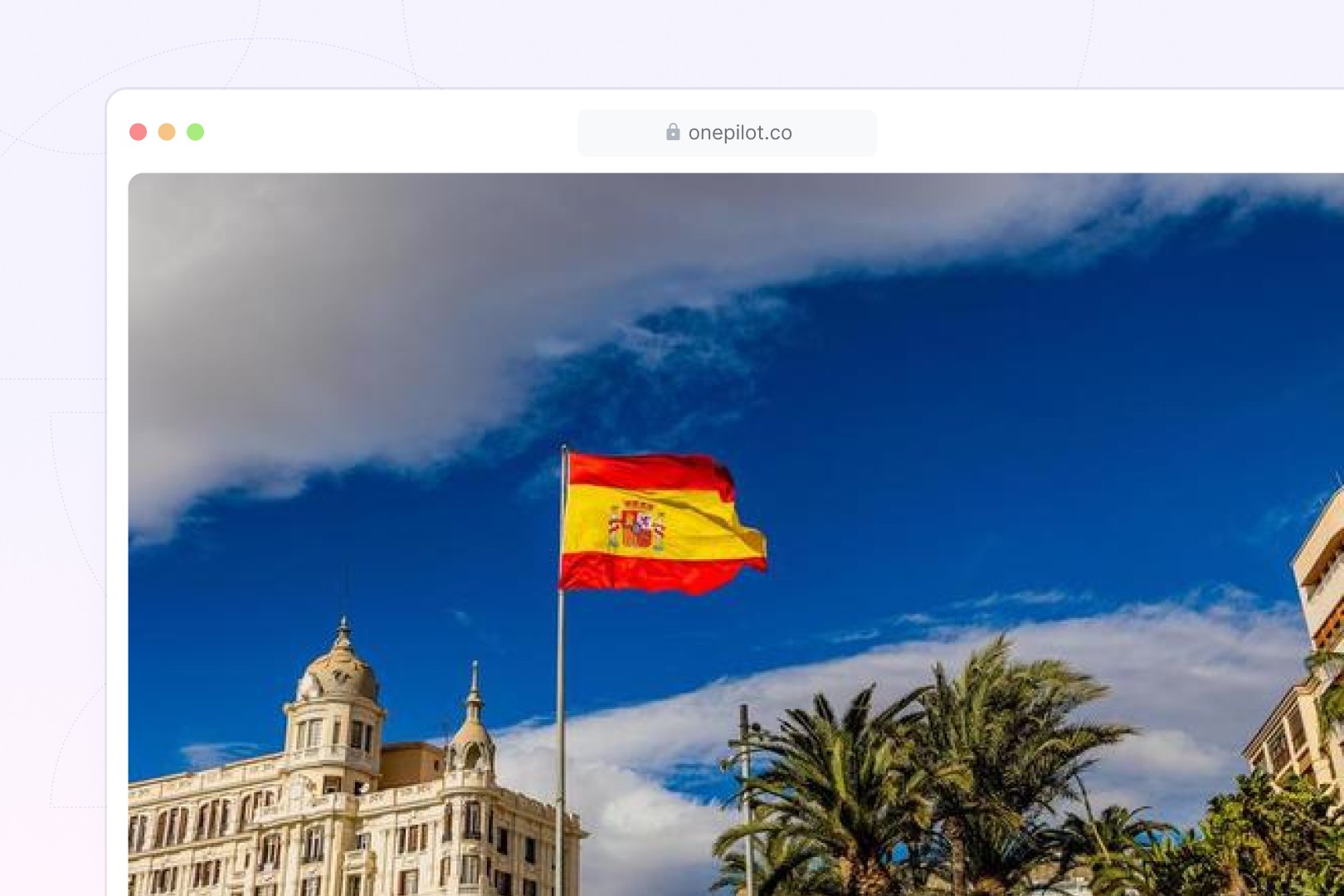Tips
June 25, 2024
In a world where digital interactions dominate, companies are constantly looking for practical and effective ways to stay close to their customers and optimize their experience. Among the many messaging applications available, WhatsApp stands out as a major asset for outsourcing customer support, and we'll tell you why:
1. Popularity and ease of adoption
WhatsApp is one of the most popular applications in the world, with :
2 billion monthly active users per month
+ over 100 billion messages sent every day
+ over 2 billion minutes of voice and video calls
What users appreciate about WhatsApp is its simplicity and user-friendliness. They are already familiar with the interface, which reduces the learning curve and increases adoption rates. The ability to share text messages, images, videos, and documents makes interactions fluid, meeting multiple customer support needs.

Source : DataReportal
Customers want quick responses when using messaging applications. Users also want personalized and expert answers. Unlike emails, which are often perceived as formal and slow, or calls, which require both parties to be immediately available, WhatsApp offers asynchronous, yet near-instant communication. What's more, WhatsApp messages are generally considered more personal, as they create a real closeness with the end-users who use them on a daily basis.
Whereas +70% of digital purchases are made in the evening and at weekends. Finally, the application offers 24/7 support thanks to automation, responding to the growing demand for a permanently available service. Users want almost immediate responses on WhatsApp. Similar to a live chat conversation, for example. They also want personalized responses that take into account their requests and preferences.
2. Synchronize all your channels in one place
WhatsApp can be integrated with ticketing and helpdesk tools such as Zendesk, Freshdesk, Crisp, Intercom and Gorgias. WhatsApp can also be integrated within a CRM. Centralizing all customer interactions in one place promotes efficiency and collaboration between customer support agents. This facilitates the management and follow-up of requests in a structured and effective way. This feature also gives agents a complete view of interaction history, facilitating more personalized and effective responses.
Thanks to the integrations mentioned above, agents can access interaction history and customer information, facilitating more targeted and personalized responses.
→ Useful features: Automatic messages can greet customers and provide instant answers to frequently asked questions (FAQs). This feature promotes self-service as well as better segmentation of requests in order to assign them to the right agents.
However, you need to pay attention to the tools' terms of use and the 24-hour limit. The starting point of the 24-hour window is when the end user sent the message from WhatsApp. If you don't reply within this timeframe, you can't reply to the end user until they send another message, which reopens the 24-hour window. This window starts again each time the end user sends a message.
3. Assessing support performance
Here are some key performance indicators (KPIs) to judge the performance of your support outsourcing strategy with WhatsApp:
Average response time: Customers appreciate fast responses. A short response time is often associated with better customer satisfaction, 15' (no sync).
Customer satisfaction rate: Enables you to understand customer satisfaction levels and identify areas for improvement.
First contact resolution: Fast, effective resolution reduces customer frustration and improves their overall experience.
Conversion rate: Indicates the effectiveness of your support in transforming interactions into business opportunities.
These KPIs are important to take into account, as customer expectations will not diminish with the proximity of the tool - on the contrary!
4. Expert voice:
Our customer, Timothée Goujon, Head of customer Success and Customer Care at Quitoque, uses WhatsApp and gave us more than positive feedback:
"Our time-to-first-response target is 10 minutes. We're seeing a significant improvement in customer satisfaction, with a CSAT of around 9.5 compared with 8.5 for e-mail. Exchanges contain more messages per ticket and the tone is less formal, offering greater proximity with the customer.
Advantages include a better customer experience, simplified access to customer service, pre-qualification via a bot, and enriched message content (carousels, photos, videos, etc.). On the other hand, the downsides are a higher cost compared to SMS, a conversation window limited to 24 hours (which poses problems particularly at weekends), and high customer expectations regarding average response time compared to email."

WhatsApp is gradually establishing itself as a first-choice customer support channel thanks to its popularity, ease of use, and features. By integrating WhatsApp into your customer support outsourcing strategy, you can not only respond more effectively to requests, but also improve their satisfaction through accurate KPIs. As the customer support landscape continues to evolve, WhatsApp is THE solution for companies that want to stay connected with their customers!
Stay informed with the latest guides and news.




